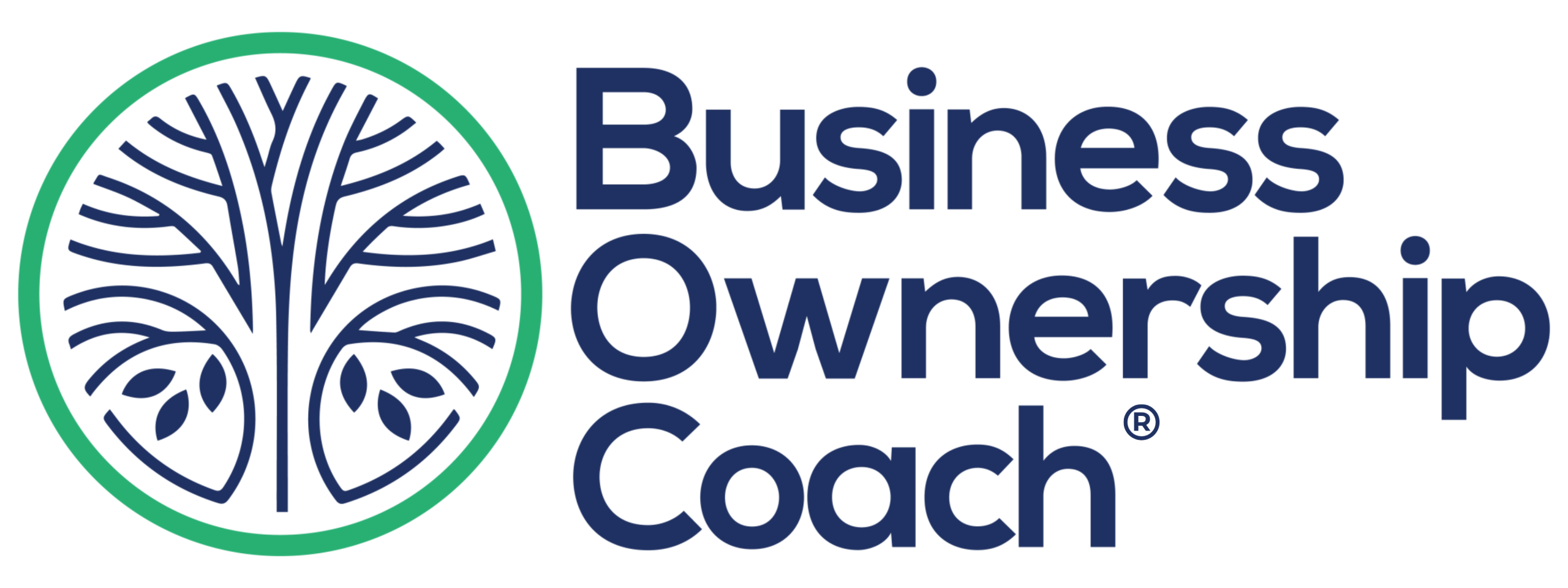I’m Michael Zuber, and in this conversation on Beau Eckstein’s channel I lay out a no-fluff playbook for turning ordinary income into long-term wealth. If you found yourself frustrated by economists yelling at the Fed, this piece reframes everything: focus on your personal economy, not headlines. As a Business Ownership Coach | Investor Financing Podcast guest, I walk through the three-step path to wealth, why discretionary income matters more than gross pay, and what the next few years look like for real estate.
Why Your Personal Economy Matters
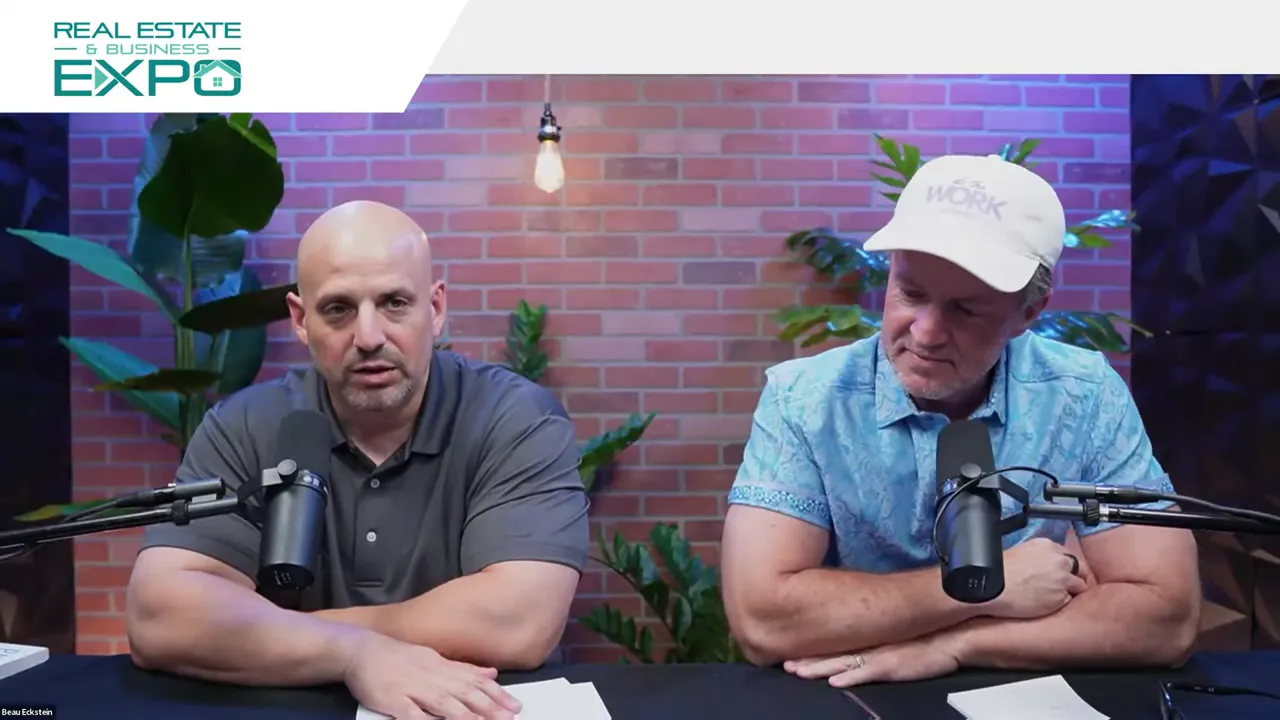
Too many people watch national macro updates and forget the one thing they can control: their own finances. I told Beau and the audience that your personal economy is far more important than the national economy. That’s the point: the Business Ownership Coach | Investor Financing Podcast isn’t just another economic soapbox—it’s a practical guide to what you can control.
Your personal economy is a set of choices and systems you build: how much of your income you actually can use, what you reinvest, and how you protect yourself during cycles. If you’re waiting for Congress or the Fed to fix your life, you’ll be waiting forever. Instead, take ownership—what I call “extreme ownership”—and act on what you can change.
The One Number That Changes Everything: Discretionary Income
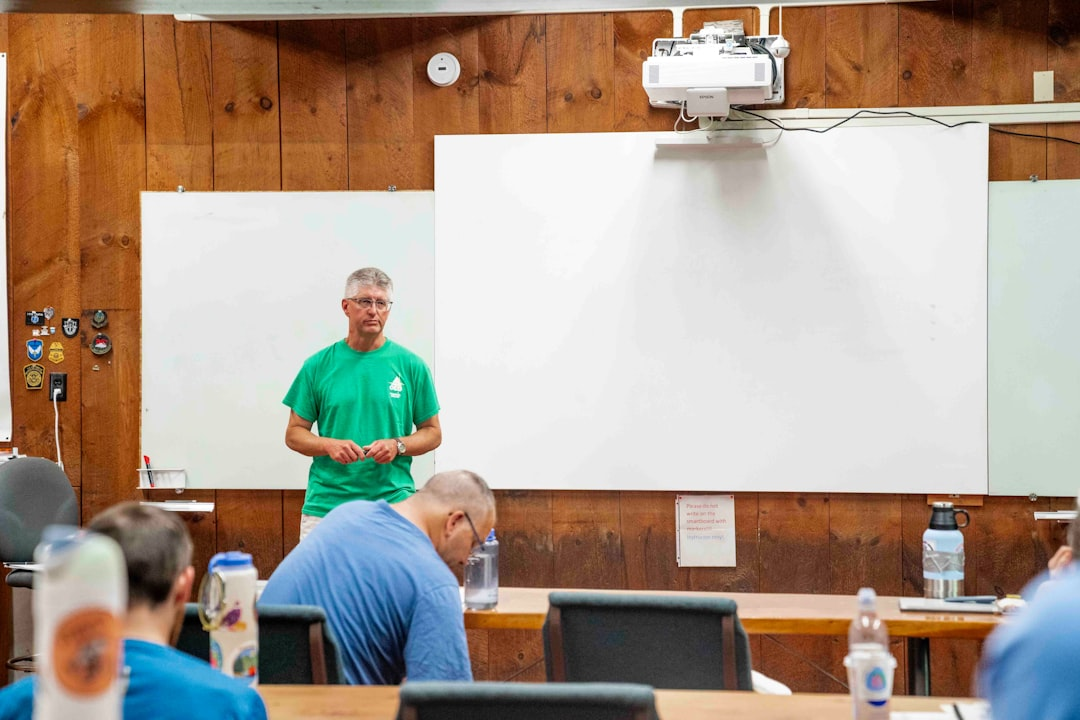
The first actionable idea I present is simple but brutally effective: know your discretionary income. Not gross pay. Not net income. Discretionary income = income minus taxes minus fixed expenses. If you don’t know that monthly number, stop and find it. Pull the last 30–90 days of statements and calculate how much you truly have left to allocate each month.
“Discretionary income is essentially money that you can light on fire and nothing in your life changes.”
Why this matters: you can’t grow what you don’t measure. Once you know discretionary income, you have three levers to increase it: increase income (raise, side hustle, business), cut expenses (needs vs wants), or do both. I’ve done both—trimmed costs and created multiple income streams—and that’s where wealth compounds.
Three Steps to Wealth: Grow, Become Elite, and Commit a Decade
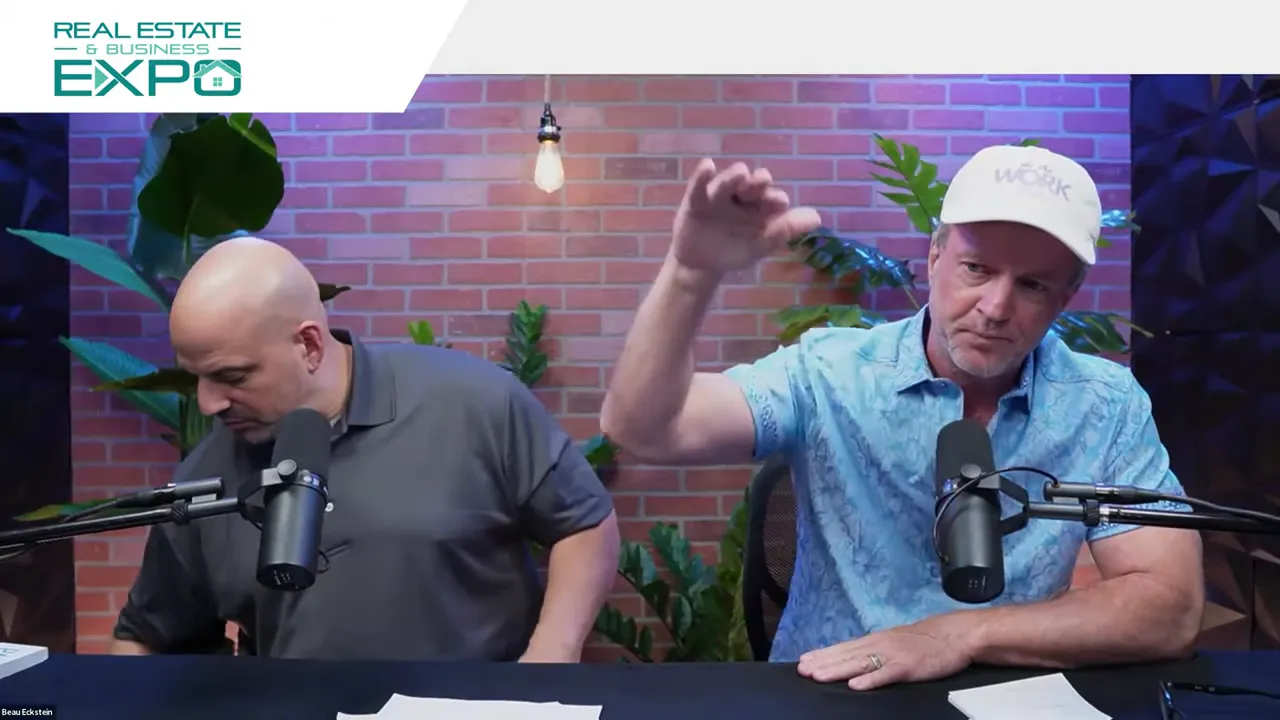
There are only three steps that reliably get ordinary people to wealth:
- Grow discretionary income.
- Become elite at something—find your lane and become the best at it.
- Do it for a decade—consistency beats flash-in-the-pan schemes.
I call the goal “time billionaire”: having the freedom to choose how you spend your time. For most people, $2–10M in net worth is life-changing because it buys options and freedom. You don’t have to be a celebrity tycoon—become a time billionaire, not an influencer chasing vanity metrics.
Becoming elite looks different for everyone. Maybe it’s vending machines, midterm rentals, boutique hotels, classic cars, or flipping collectibles. The important part is focus and repetition—master one thing until you can scale it. The Business Ownership Coach | Investor Financing Podcast conversations are about showing you those entry points and the financing pathways to get started.
Real Estate: Where We Are and What’s Next
Photo by Frederick Shaw on Unsplash
I study the real estate market daily. My read: transactions have been depressed for three and a half years and are finally bottoming around July–August. Important: I’m talking transactions, not price. Real estate accounts for about 12% of US GDP, and for years it has been a drag. Once transactions bottom and begin rising, real estate will start contributing positively to GDP again.
Expect a slow, long recovery—not a V-shape. Study 1978–1981: transactions plunged and it took more than a decade to recover. That’s the realistic template. I forecast that September 2025 will be the first month with year-over-year transaction growth again—this is about volume, not uniform price recovery.
Why prices have been sticky: median price is affected by product mix. When entry-level buyers are frozen out, the only activity is at higher price points and that pushes the median up. To unlock the market, you need one of three things: 30-year rates below 4% (unlikely in the short run), massive price discounts like the Great Recession (we don’t have those ingredients today), or a decade of slow demographic and wage changes that gradually restore supply and demand balance.
Key Economic Indicators to Watch Monthly
If you want to keep it simple, watch these metrics every month (or weekly where applicable):
- Weekly unemployment claims — check every Thursday; 250k is the yellow flag, 300k+ is the red flag. Recent report: ~221k (green).
- Unemployment rate — currently around 4.1% in my discussion.
- Retail sales — our economy is consumption-driven; focus on the trend and whether numbers beat or miss expectations (recent month: +0.9% vs expectation +2%).
- Existing home sales — the most reliable housing metric because it captures closed transactions, not pendings or builder-led incentives.
These simple signals tell you whether consumers are spending, employers are hiring, and whether housing activity is closing. As a Business Ownership Coach | Investor Financing Podcast speaker, I emphasize actionable indicators that help you adjust your personal economy plans in real time.
Rolling Recession: What We Just Lived Through
Photo by Frederick Shaw on Unsplash
The last few years were not a single, synchronized recession. Instead, we experienced what I call a rolling recession—different sectors (real estate, manufacturing, travel) dipped at different times. GDP was relatively muted because declines and recoveries occurred in different pockets rather than all at once. For everyday investors and business owners, this means opportunity: identify sectors that are recovering early and position your personal economy accordingly.
Practical Takeaways: What To Do Now
Photo by Frederick Shaw on Unsplash
Here’s a checklist you can act on today:
- Calculate discretionary income now. If you don’t know it, you can’t grow it.
- Pick one thing to become elite at. Don’t chase every shiny opportunity—pick a lane.
- Plan on playing the long game. Commit mentally to ten years of consistent effort.
- Track the simple indicators: weekly claims, retail sales, existing home sales.
- Build your network—be in rooms with smarter people. Your network is a compounding asset.
- Adopt extreme ownership—stop blaming macro actors and start fixing what you can control.
If you’re an entrepreneur, small-business owner, or aspiring investor, focus on systems and scalable income streams. Use financing strategically to get into businesses or franchises that provide cashflow. And remember: the Business Ownership Coach | Investor Financing Podcast is designed to show financing pathways and real options for building that cashflow.
Conclusion: Own Your Personal Economy
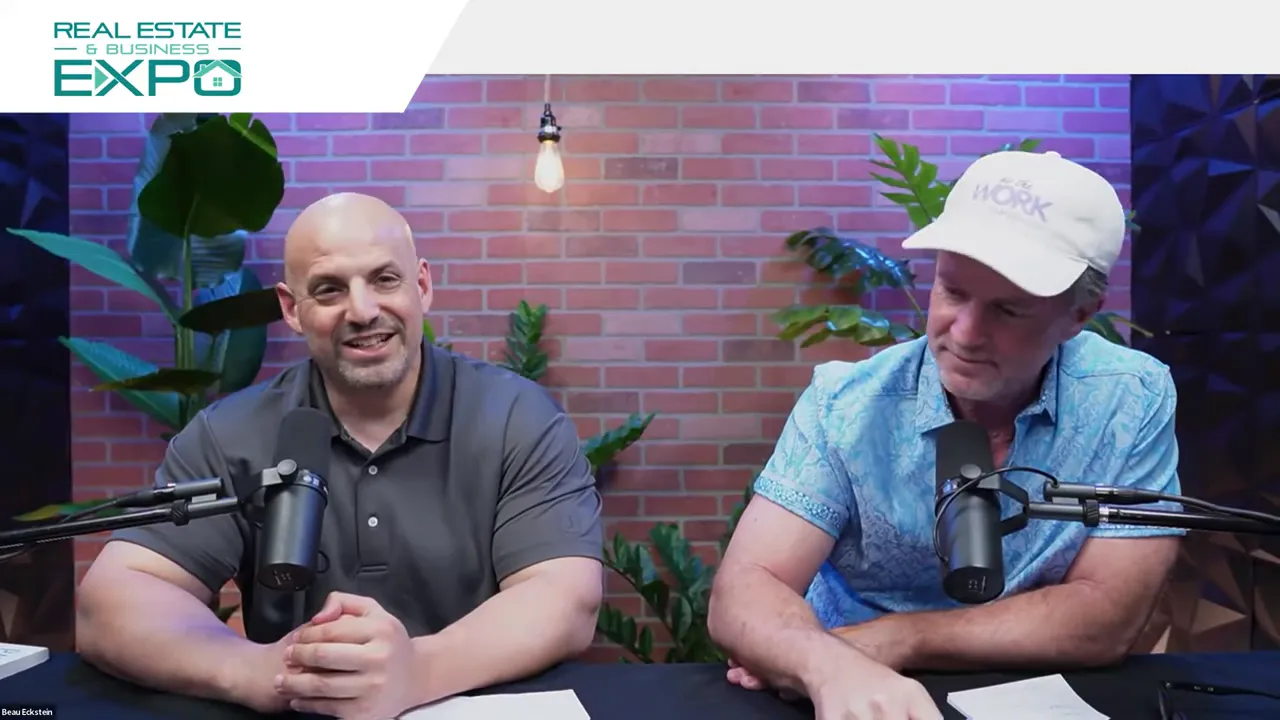
National headlines are noisy. The durable truth is this: wealth comes from measurable choices, focused expertise, and time. Know your discretionary income, become elite at something, and commit to the decade-long climb. Treat your finances like a business and apply the rules of the road. If you do that, the macro cycle will matter far less—your personal economy will be resilient and growing.
As a final reminder from the conversation on Beau Eckstein’s channel, adopt extreme ownership of your financial life and orient every decision around building options and time. The Business Ownership Coach | Investor Financing Podcast is a resource to help you do that—use it, apply it, and own your path.
